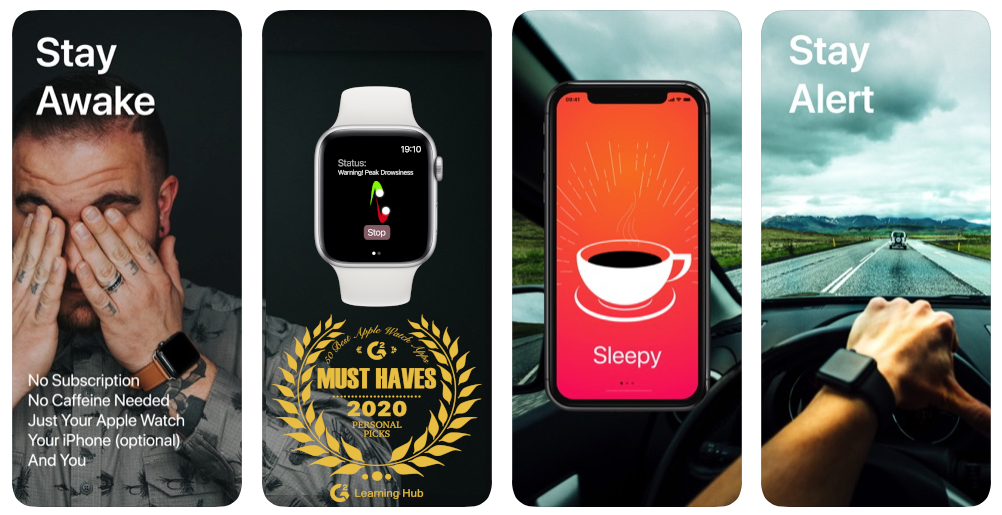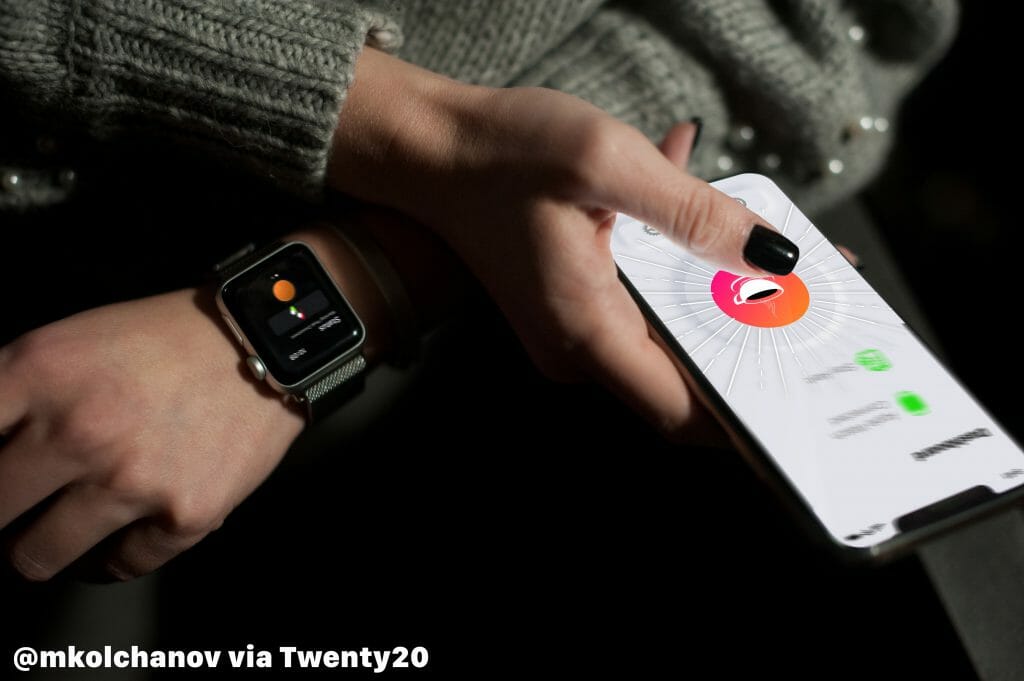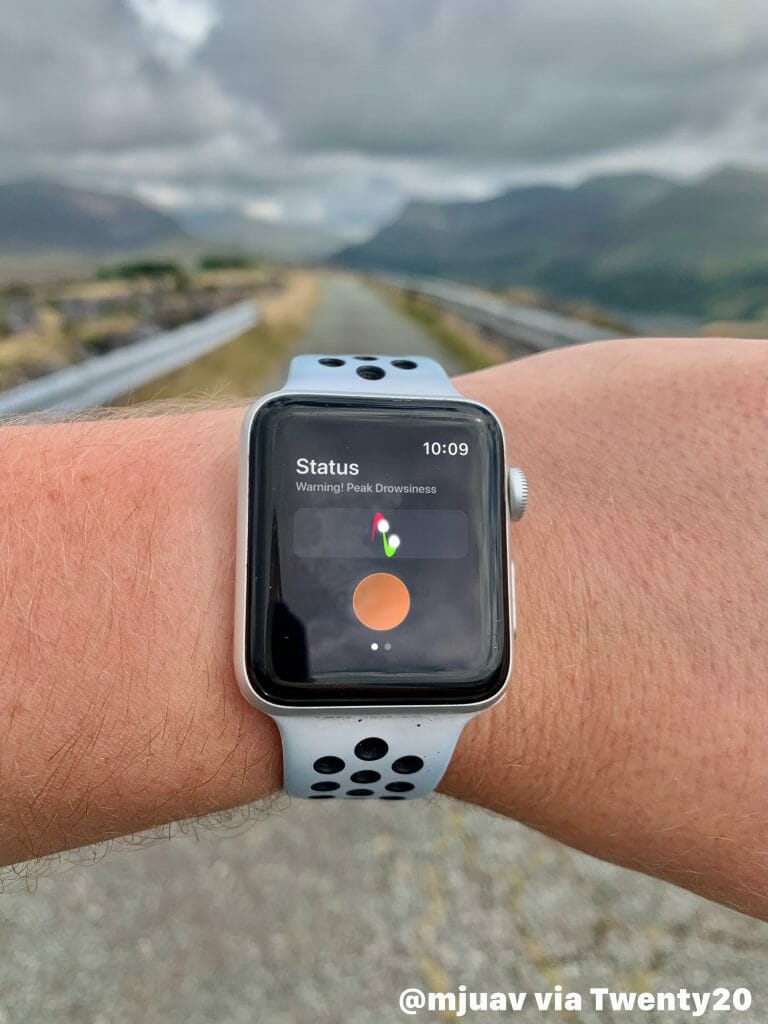Can I Still Be Productive On Only 4 Hours of Sleep?
When it comes to sleep, there are no quick fixes.
Get The Sleep You Can
Stay Awake, Stay Alert
Michelangelo, Florence Nightingale, Thomas Edison, Margaret Thatcher and Martha Stewart to name a few, only slept for up to four hours each night. Impressive stuff and it appears to have paid off as we know about their contributions to the advancement of our species.
Edison was particularly critical of sleep and stated publicly that it was a “waste of time”. For better or worse, people have tried to emulate the success of those like Edison and sacrifice their sleep in order to get more done and gain an advantage over the competition.
The need to get ahead can take its toll on individuals and societies which can lead to many unforeseen bad consequences, one of which is being able to clearly think and evaluate situations in a logical manner. Being overworked and stressed seems to be antithetical to being productive and healthy, but there are many examples of people (like those mentioned above), that have overcome these obstacles despite not having the recommended 7-9 hours of sleep per night.
Is it that some of us are naturally endowed with the ability to have much less sleep than others without compromising their health, or is it that something else is at work here and that having less than six hours of sleep per night can have serious health implications?
Productivity vs Sleep
A small group (1 to 3 percent) of the population are among the “sleepless elite “ who are able to get by happily on just a few hours of sleep.
Whether they’re part of this lucky group or have been driven by the pressures of their jobs, we’ve compiled a list of successful executives, political figures, and entertainers who have shunned the 8 hour mantra and managed to rise to the top.
Carolyn Cutrone and Max Nisen, 19 Successful People Who Barely Sleep, Business Insider, Sep 18, 2012, source: Successful People Who Barely Sleep
There have been many articles and online video blogs that follow the current trends of the rich and successful. In many of the posts the focus has been on either how naturally talented their subjects are, how hard they work or both.
The implication is that as a ‘normal’ person watching these elites from the outside, you don’t want success as much as they do or you don’t have the talent to make it to their lofty heights. Your lack of success is down to you not putting in enough time and effort to develop yourself to their level, besides what are the chances of you being in that top 1 to 3 percent like the elites.
Many workers and students also feel that they have to put in the extra time and effort in order to stand a chance of being able to compete with their peers and the broader population in general. A popular approach to this kind of pressure is to work longer hours and shorten the amount of time spent in leisure activities and turning off after work; a practice that can negatively affect the quality and quantity of sleep.
We should also consider that work pressure doesn’t affect everyone the same. And that work and study pressures can be temporary. Even so, care must be taken as volunteering ourselves for sleep deprivation (even for short periods) can have a negative effect on our general health and wellbeing.
Self Sleep Deprived
Our leisure time might also be having an effect on our sleep. Many of us spend a lot of time in front of various devices’ screens, the light from which can effect our bodies’ production of melatonin. Melatonin is our bodies’ natural way of regulating how tired we feel and helps us to prepare to sleep. Melatonin production is affected by our exposure to light and therefore too much light in the evenings (especially before going to bed) interferes with our sleep and reduces the quality of the sleep that we get.
This can lead us to being sleep deprived which most certainly reduces our productive ability. Not getting enough sleep can have the following effects:
- Difficulty paying attention
- Inability to focus
- Reduced motivation
- Reduced problem solving ability
- Confussion
- Irritability
- Memory lapses
- Slower reaction times
- Reduced ability to process information
- Increase in a lack of judgement
A lack of sleep can also increase the risk of suffering from heart attacks, stroke, hypertension, obesity, diabetes and depression.
Increased Sleep Increases Productivity
Given what we know about the effects of lack of sleep on our productivity and health, to combat these effects ultimately we have to get more good quality sleep.
However this is more easily said than done. Below are some tips that you can incorporate into your daily routine to help you get enough sleep and spend less time at work/studying by doing more of the things that will help you to perform at your best.
- Get to bed between 9pm and 10pm as this will help facilitate you getting enough good quality sleep as your body naturally starts to produce melatonin which helps you sleep better.
- Don’t use any light emitting gadgets just before you go to bed. Give yourself a couple of hours to wind down and allow your body to start producing melatonin.
- Organise your work so that you do your most difficult work around 10am (if you are a morning person), or 3pm – 6:30pm (if you’re an afternoon person).
- Avoid caffeine and alcohol just before going to bed.
- Take regular breaks rather than one long big break throughout the day. Dividing your task into 25 minute blocks with a five minute break between each block for the day will help keep you focused and help keep fatigue at bay.
- Include regular exercise in your daily routine (even a 25 minute walk has been proven to positively affect the quality of peoples sleep later in the evening).
- If you find yourself struggling to stay awake during the day or suffering from brain fog, take a 10-20 minute nap. Studies have found that napping helps with your alertness and focus immediately after.
Review
So, can we be productive with only four hours of sleep? The answer is it depends. Limiting the amount of times that you sleep for under four hours can be helpful if you have a tough work or study load, but it shouldn’t be the norm.
Yes there are some people that can get by with very little sleep, but keep in mind that they are a small percentage of the population. If you can still produce your best quality work with only a few hours sleep regularly, then don’t mess with what works.
Just be mindful that the less hours you get to sleep, the greater the risk to your health.
Afterword
The conclusion from research into polyphasic sleep and short-sleepers is clear. When it comes to sleep, there are no quick fixes. As a result, it is vital that everyone knows how to get a good night’s rest.
Wiseman, Richard. Night School: Wake up to the power of sleep (p. 96). Pan Macmillan.

Now available on the App Store, download it now!











